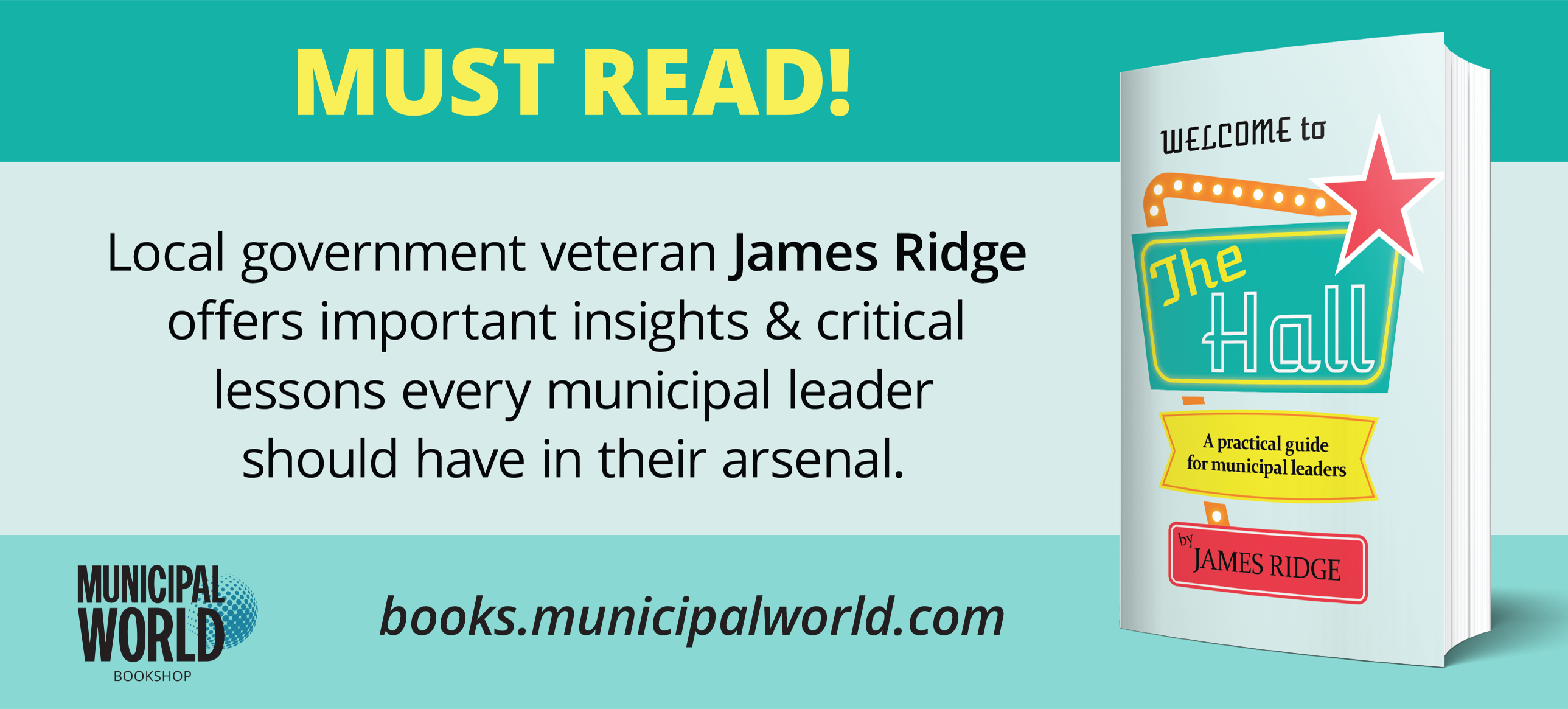Steps to good council communication during COVID-19

Communication with the public and municipal employees is important right now. Good communication keeps people safe and healthy, it keeps your municipality functioning well, and it keeps your community calm and confident in your abilities.
1. Stay Focused on the Main Problem
There are two of them. The first problem is the need to keep people safe and healthy. That includes the public and your employees. The second problem is managing the economic challenges that COVID-19 presents. There will be many discussions about the many aspects of those two challenges. The more you stay focused on how all discussions relate to those core challenges, the more successful you will be.
2. Respond Quickly
Last week, the World Health Organization’s leading Ebola outbreak manager gave this advice on COVID-19, “Be fast. Have no regrets … Perfection is the enemy of the good when it comes to emergency management.” If your communication is getting held up over debates about precise wording, or you’re struggling to create infographics, you’re wasting precious time. Two rookie communicators used Twitter to evacuate Fort McMurray safely, when everything around them was on fire. Use the tools you have, and the tools you know. A 60-second video can be shot and posted on social media in minutes. Facebook Live can deliver a virtual town hall from your desk, using a phone. Internally, you may need to look at ways to streamline approvals.
3. Frame and Contain the Crisis
In Canada, leaders are doing a great job of explaining what needs to be done and why: “Practice social distancing. Just stay home. Wash your hands. Flatten the curve. We need to help our health care system manage the demand. Grocery stores will be open and stocked.” When people are self-isolating in their homes, the crisis is contained. When they are panic shopping for toilet paper, it is not. Don’t let side issues become the story. Frame and contain.
4. Provide Clear and Reliable Information
Municipal leaders have significant local networks. They should be using them to amplify and share messages from your municipality and other official sources. Retweet or share messages from your local health unit, your municipality, from the Ontario Government’s official social media feeds, and from the Federal Government. Rumours, news reports, and public debates are unhelpful distractions. When Facebook pages get messy, sharing the latest quality information is far better than engaging in debate.
5. Demonstrate Leadership and Compassion
The cooperation that we are seeing across Canada is actually amazing – and it is inspiring public confidence. Councils should take care to maintain that sense of teamwork. When you disagree, disagree well. When someone is yelling at you on Facebook, ask yourself what they are afraid of. Bad behaviour is often rooted in fear. Listen for it. Be helpful if you can. Find a way to be inspiring when disagreements arise.
6. Speak to What You Know
Resist the urge to be all-knowing. There is a lot that we do not know. Share the information that you have confidence in. Direct people to the right experts. Make promises that you can keep (or beat).
7. Actions Speak Louder than Words
Be consistent, to be credible. If the message is, “Remain calm, follow expert advice, and check in on neighbours,” your actions should include remaining calm, endorsing the advice of public health officials, and being good to your council colleagues.
8. Expand Your Communications Team
Your regular communications team was not made for this. They will be overwhelmed. Pull other resources to divide the load. If the library is closed and a librarian is great on Facebook, deputize that employee to monitor Facebook. Someone has to tackle Twitter, and Instagram, and media inquiries, content creation, and questions like “What do we do next?” Depending on the size of your municipality, a properly resourced communications team requires about three to 10 people – times two or three shifts. Lots of services are shut down. Pull from that pool of available employees. No one will ever regret the communications skills they pick up and refine while helping to manage COVID-19.
9. Provide a Clear Spokesperson
The Head of Council has the role of being the voice of council. They need to be listening carefully to make sure they are representing their council well. Councillors should be sharing, supporting, and amplifying those clear messages.
10. Plain Language Works Best
Complicated, precise, or technical language may give municipal managers comfort, but comfort usually comes at the expense of speed, clarity, and effectiveness. You want messages that will easily ripple through family chats and Facebook groups.
11. Use Positive Language
Instead of, “I know you are scared. You are out of work and you are worried about how to pay rent.” Say, “Stability is good right now. We want to help you if we can. Home is a good place for you right now and we are working to make staying at home easy for you.”
12. Tend to Internal Needs and Pressures
There is a risk in believing your staff are awesome. They may be awesome at their jobs, but they are human. They have their own things to worry about right now. Tend to their needs, and they will do a better job of looking after others. Make a priority of communicating with them on a regular basis. That means talking, listening, and taking good care of the team.
13. Avoid a Defensive, “Bunker” Mentality
People will lash out at you and be critical. They will expect you to deliver more than you possibly can. You will be second guessed and challenged. There will be long hours and frayed nerves. You must resist the temptation to be defensive, or to point fingers at others. Hunkering down and squabbling are terrible places to be.
Think about How You Want to Be Remembered
Someday COVID-19 and your leadership will be a faint memory. Most people will want to be remembered for being calm, helpful, caring, responsive, effective, decent, and well-coordinated. How do you want to be remembered? Write those words down and post them beside your phone. With respect to COVID-19, you will add “kept people safe and healthy,” and “helped our economy recover.” Those words should guide what you say and do today. MW
This article is based on a briefing paper prepared for the Association of Municipalities of Ontario by Redbrick Communications.
✯ Municipal World Insider and Executive Members: You might also be interested in Tim Conrad and Emily Epp’s article: You’re not ready: 10 tips to prepare your municipality for emergency communications. Note that you can now access the complete collection of past articles (and more) from your membership dashboard.
Related resource materials:



